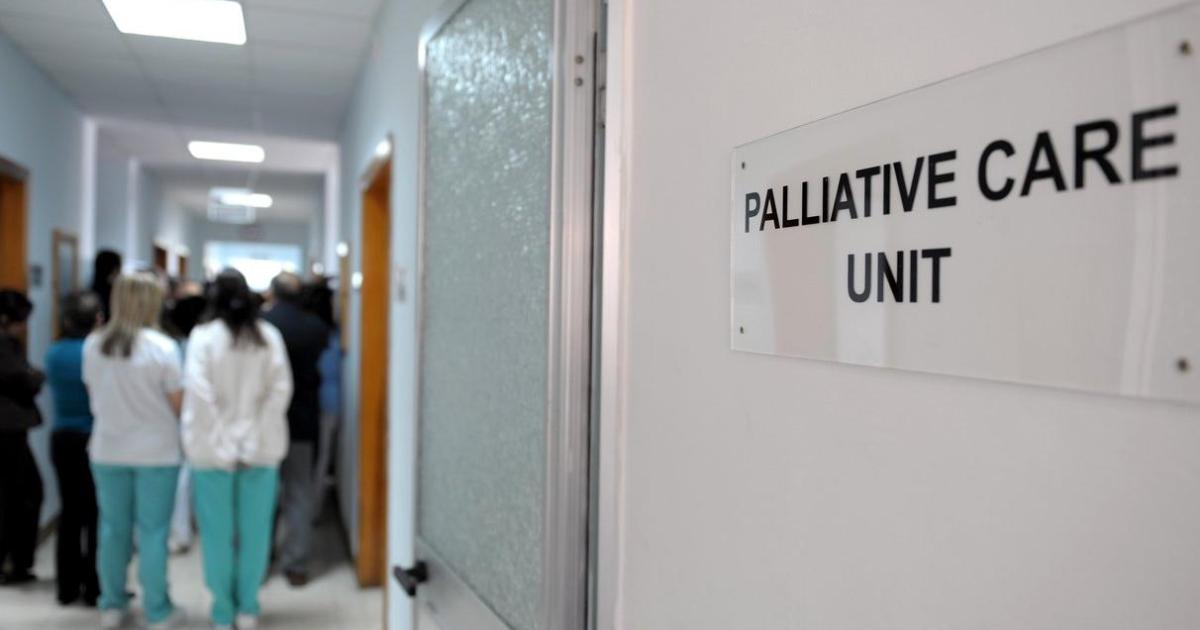Malta’s leading palliative care doctors have issued a warning against the proposed euthanasia legislation, arguing it risks undermining patient safety, eroding medical ethics, and bypassing desperately needed reforms in end-of-life care. The Palliative Care Association of Malta describe the proposed bill as the most significant shift in medical practice in their careers, raising deep concerns about its ethical, legal, and practical implications. The draft bill, currently under consultation, would permit euthanasia for patients deemed to have six months or less to live. However, the association questioned the basis of this timeline, noting that such prognoses are notoriously unreliable. “Even skilled and experienced doctors can be wrong in up to 75% of cases… Once the patient is dead, there is no way to verify if the prognosis was correct.” The association said there is no true free choice if the alternative of high-quality palliative care remains inaccessible to many. “Free choice is not really free if a patient has uncontrolled symptoms or if they are feeling a burden on their family.” The doctors also highlight the absence of robust safeguards against coercion. Simply criminalising coercion without outlining clear enforcement mechanisms is inadequate, they say. “What will the criteria for prosecution be? Will the police be gathering evidence if a report is made? Is this what families really want at a time of grief?” The association further criticises the bill’s provision granting doctors blanket immunity from civil and criminal liability in assisted deaths, describing this as a “dangerous precedent.” They warn that while Maltese doctors enjoy high levels of public trust, experience abroad shows that not all practitioners are immune from error or abuse. With the Medical Council of Malta currently struggling to function effectively, the group finds it “very worrying” that such far-reaching legislation is being considered. The proposed classification of deaths by assisted suicide as “natural” on official death certificates is also strongly opposed, with the association arguing this undermines transparency and could erode trust in the medical profession. The association said the suffering highlighted by euthanasia advocates could, in most cases, be alleviated through better-funded, better-understood palliative care. They called for serious investment in symptom control, psychological support, and legal education for healthcare providers to ensure that patients do not request assisted suicide out of fear or desperation. While welcoming the increased attention the debate has brought to palliative care, the association said euthanasia should not be introduced within Malta’s existing healthcare system. “Should the government wish to introduce euthanasia this should be done completely outside the normal health service.” The statement called on lawmakers to engage more seriously with the concerns of frontline palliative care professionals, those who accompany terminally ill patients every day. “The examples of suffering used in the campaign could mostly have been solved by high-quality palliative care. Palliative care normalises dying in a dignified and serene way.” Ask ChatGPT
